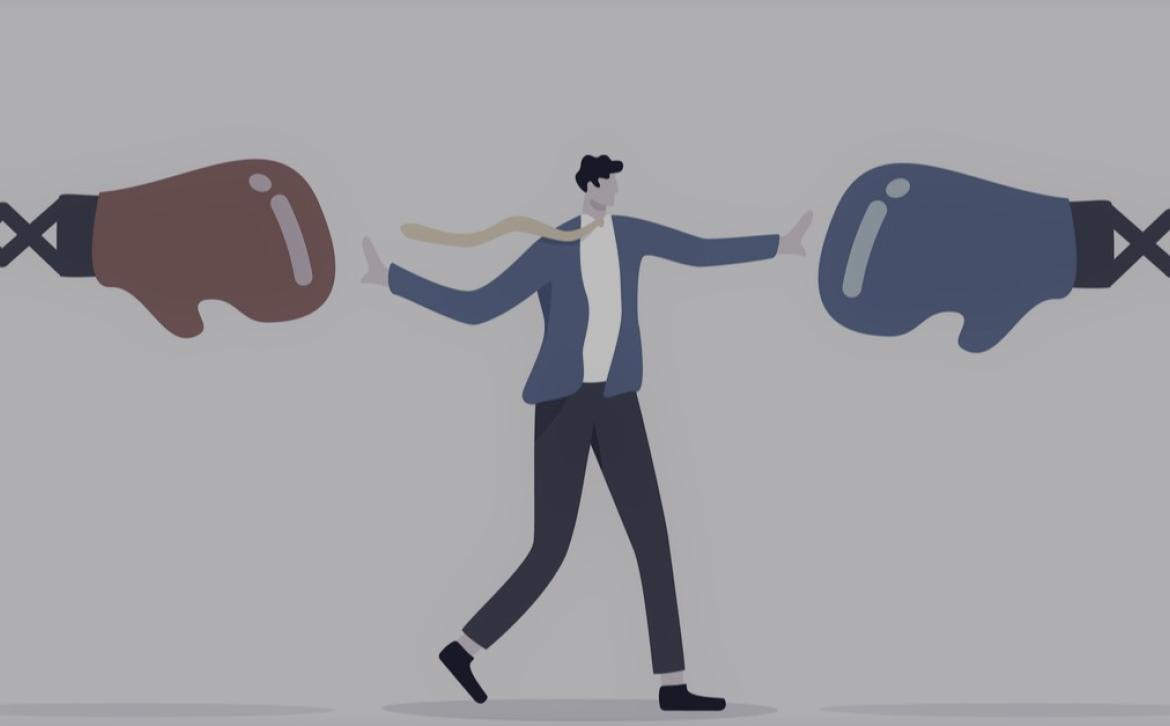NJORD Estonia: The difference between arbitration and court proceedings
In addition to the usual judicial system, disputes can also be settled by arbitration. This option is often used by larger companies, for whom faster solutions and sector-specific knowledge are important. However, essentially, one option is not better than the other, but the suitability of the option depends on the situation and personal preference. To simplify the topic, some of the main differences between the two institutions are listed below.

Flexible rules of procedure
In court proceedings, the parties do not have the opportunity to choose which procedure will apply or who will judge – these rules are prescribed by law. However, in the case of arbitration, the parties have greater freedom of choice. In most cases, even before a dispute arises, the parties choose in an agreement between them which arbitration rules they want to apply or how the arbitrators will be selected. For example, the parties often agree that both parties can choose one arbitrator, who in turn will choose the third one together – thus ensuring greater impartiality of the panel.
Expertise
The parties may also agree that persons with previous experience in resolving disputes in the respective sector will be selected as arbitrators – for example, persons who already know the technicalities of how a power plant is connected to the network can be selected to settle a dispute in the energy sector. This also allows the parties to settle a substantive dispute more quickly, thereby saving both time and costs.
Speed
Arbitration proceedings can often proceed faster than court proceedings. Since, in the case of arbitration, the parties usually have a limited right of appeal, this usually allows a final solution to be reached more quickly. At the same time, the fact that the parties who opted for arbitration have already expressed their desire for a certain degree of cooperation in the resolution of disputes contributes to a quicker solution, making the dispute settlement process generally more constructive than average. In some cases, a quicker resolution of the dispute also helps to maintain economic relations between the parties, which do not necessarily have to end because of a single disagreement.
Easier enforcement of the judgement outside the EU
If the contractual partner is located outside the European Union, the arbitration procedure has a clear advantage. Enforcing judgments in a foreign country with a very different legal order from ours can be difficult and often even impossible, but arbitral awards are recognised in more than 80% of the world's countries.
Although the above may give the impression that arbitration is always the best solution, it is not suitable for resolving all disputes. As mentioned above, to settle a dispute in arbitration, a prior agreement between the parties that the dispute will be settled by arbitration and the choice of applicable rules are necessary. In our daily lives, we often do not foresee that a possible dispute will take place, or it is not so important to us that the adjudicator knows a specific sector. Unless the dispute is cross-border, the parties probably have nothing against the application of their national procedural rules. However, in the event of a cross-border dispute between companies, arbitration may be the best solution.
It is worth considering how to settle a possible future dispute when concluding a contract. When a dispute is already in the air, an agreement is often more difficult to be reached.
(Author: Gerda Grauberg)



